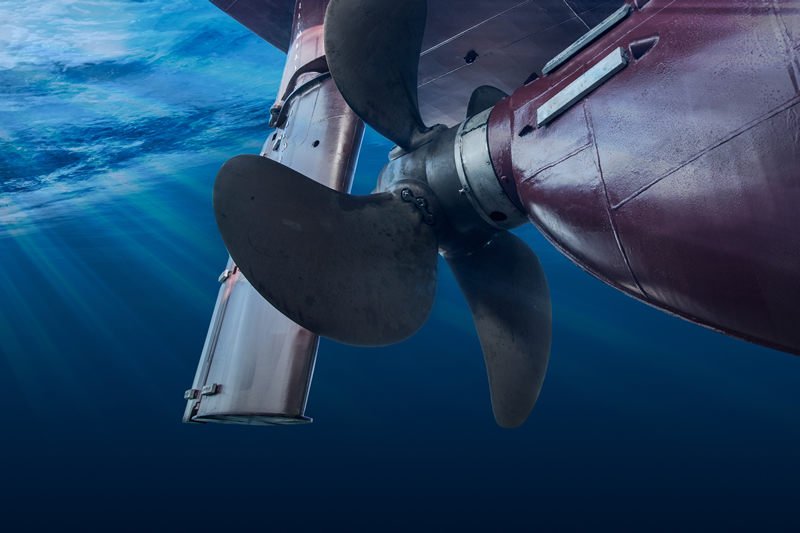2025 Is a Crucial Year for Shipping Decarbonisation Post MEPC 83
6
Shipping powers the global economy, carrying over 80% of world trade—but it comes at a climate cost. The maritime sector is responsible for around 3% of global greenhouse gas (GHG) emissions, making it the sixth-largest emitter if it were a country. Efforts to decarbonise the industry have been underway for years, but 2025 marks a turning point. In April, the International Maritime Organization (IMO) was expected to adopt key measures to implement its climate strategy and move the sector toward net-zero emissions by 2050.

These decisions made at MEPC 83, the 83rd session of the IMO’s Marine Environment Protection Committee and the regulations agreed on will be formally adopted in autumn 2025 and are expected to come into force in 2027, applying to all IMO member states.
For many in the shipping industry, the top priority is regulatory clarity. While there's strong support for the IMO’s climate goals, companies are awaiting concrete rules—particularly on a global fuel standard and possible carbon levy. These will shape the industry's approach to alternative fuels and investment.
The main obstacle to decarbonisation is the cost gap between conventional marine fuels and low- or zero-emission options like green ammonia or e-methanol. Ensuring a fair transition is also key. The IMO’s strategy calls for a “just and equitable” shift that supports vulnerable countries and regions.
While the transition may raise trade costs, it also offers economic opportunities—especially for nations that can invest in clean fuel production and port infrastructure to support zero-emission shipping. The outcomes from the MEPC 83 meeting will be public domain and we will be expanding on the key elements in due course.
#Protea #Emissions #Monitoring #CEMS #FTIR #Gas #Analysers #Shipping #Marine #Carbon #Capture
Other Articles
The EU Emissions Trading System ETS In A Nutshell
02
Rising Carbon Costs Drive The Need For Accurate Emissions Management In European Shipping
26
Carbon Capture Utilisation & Storage (CCUS) In 2026
16
Global Underground CO2 Storage Data Offers Hope Amid Rising Emissions
01
IMO Postpones Adoption Of Global Net-Zero Shipping Framework
04
Pioneering Carbon Capture Projects Ready For Construction
03
Methanol & Ammonia Deemed Ready As Zero-Emission Shipping Fuels
01
Carbon Capture Storage Reaching A Turning Point In Decarbonisation
13
CCS To Capture 15% Of Shipboard Carbon Emissions By 2050
29
Global Shipping Industry Struggles To Navigate Net Zero Transition
21